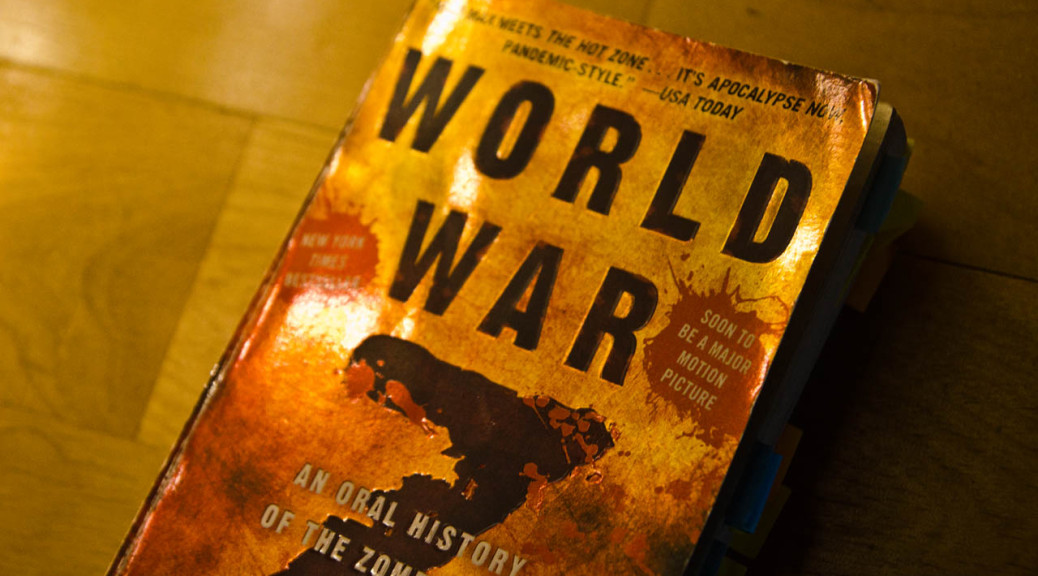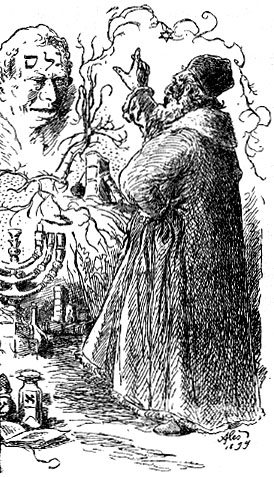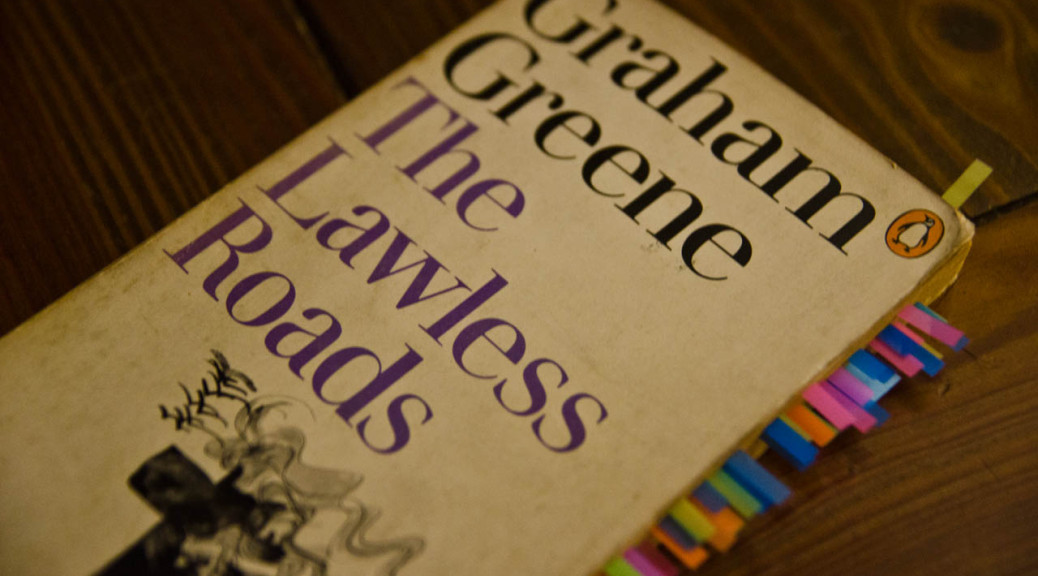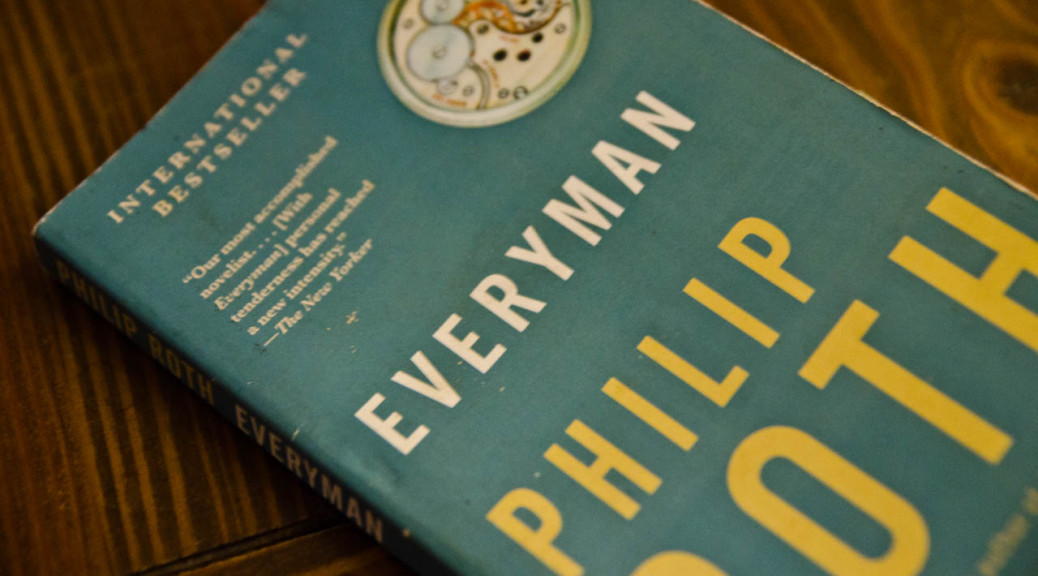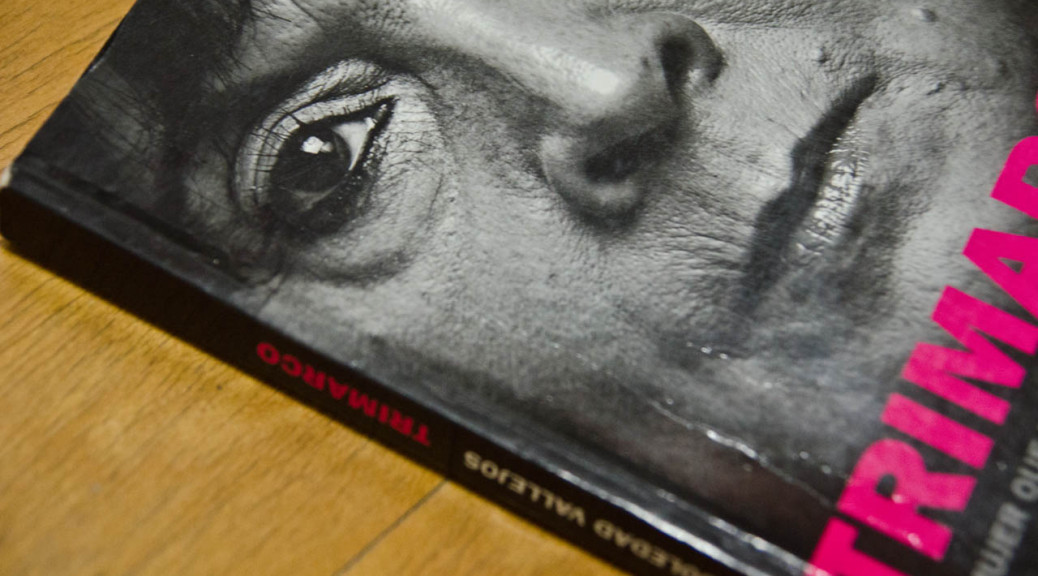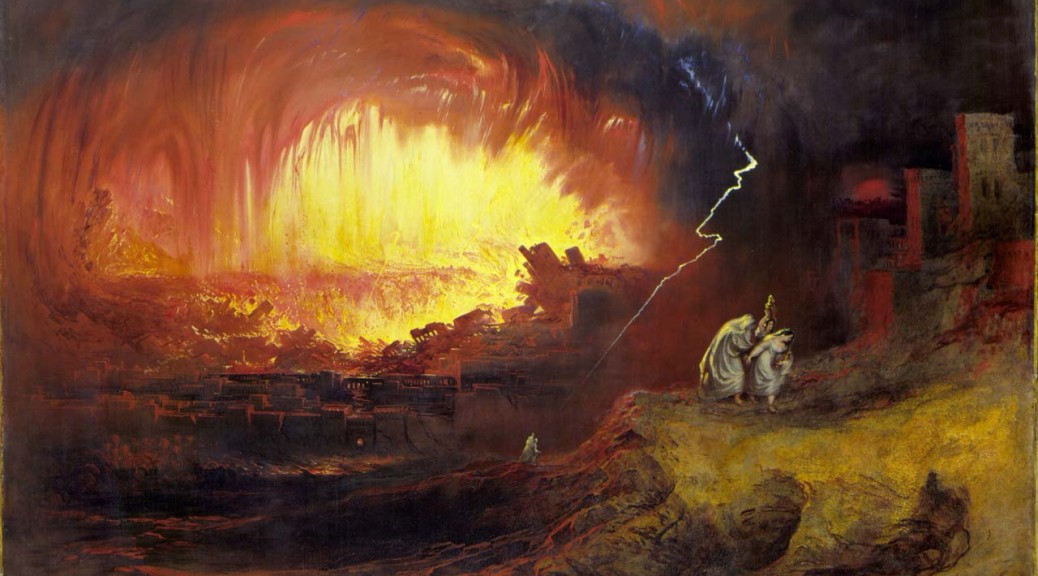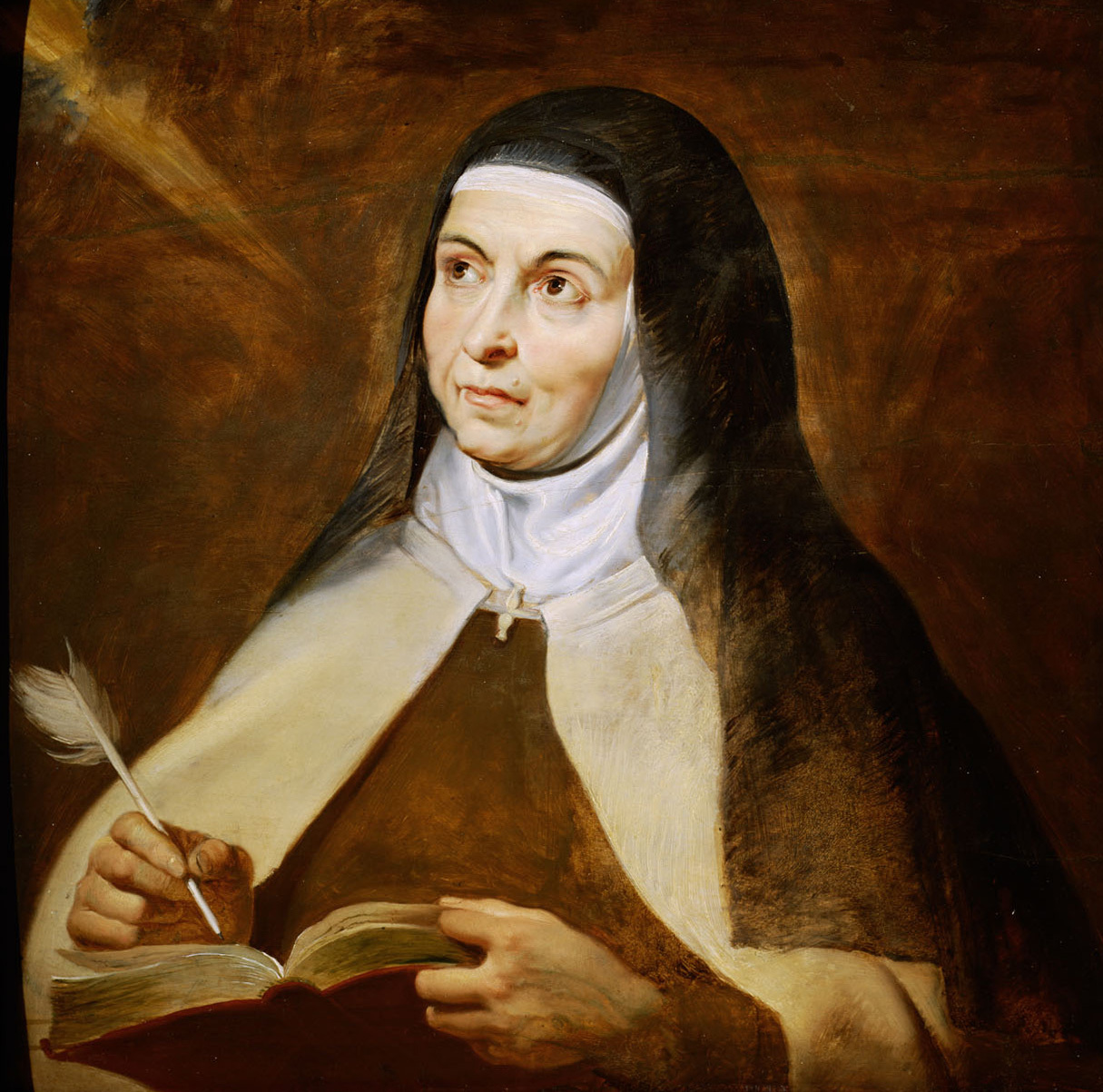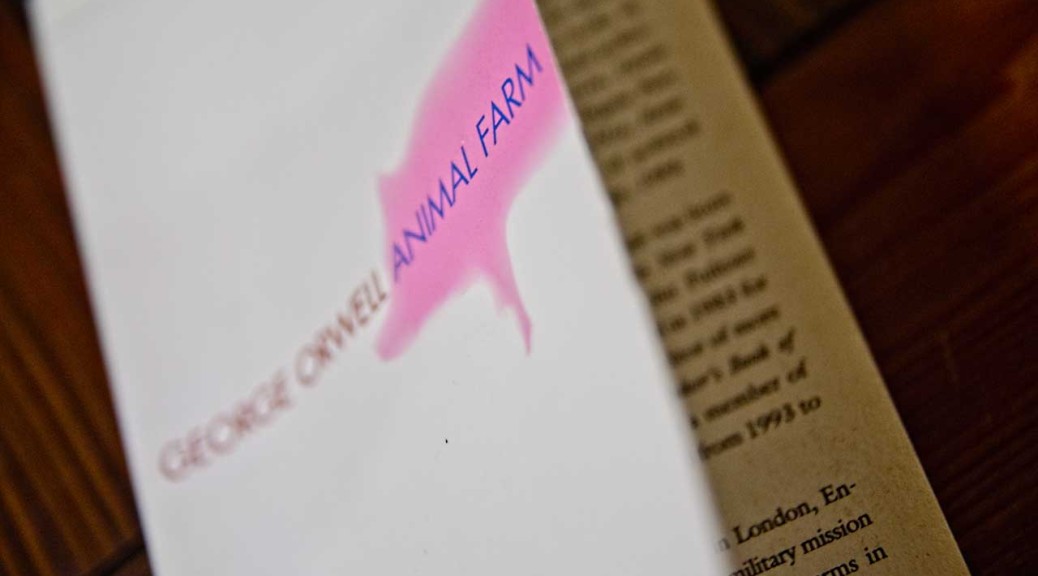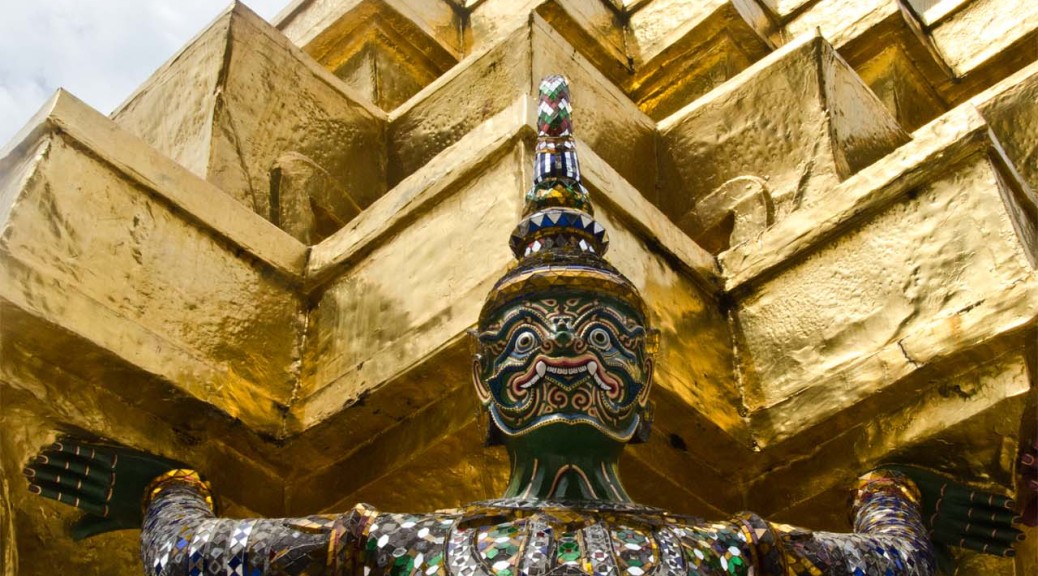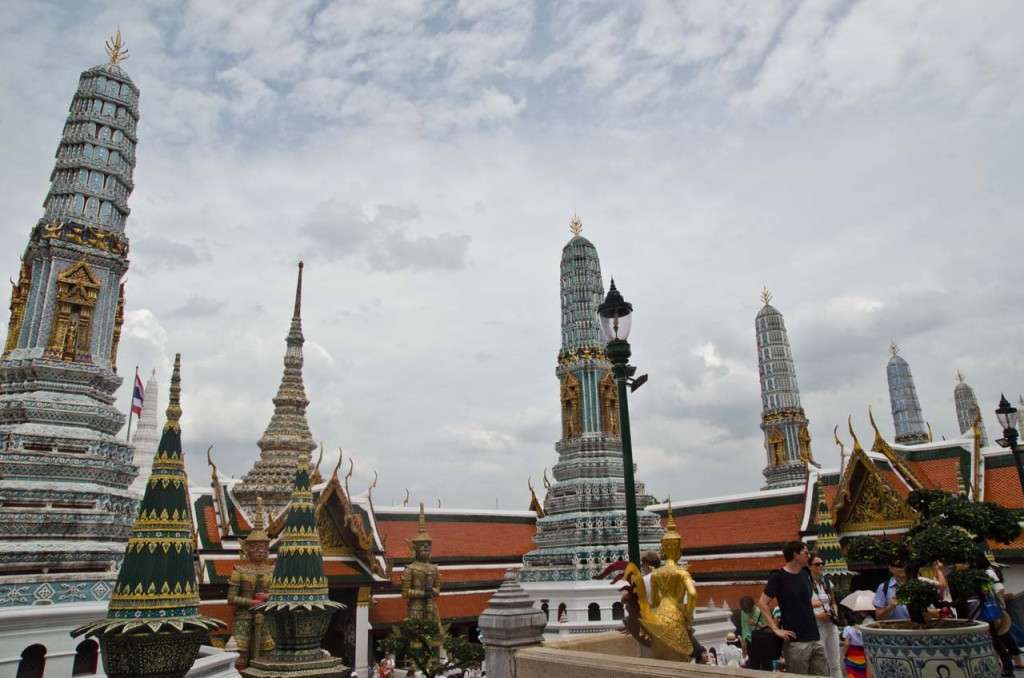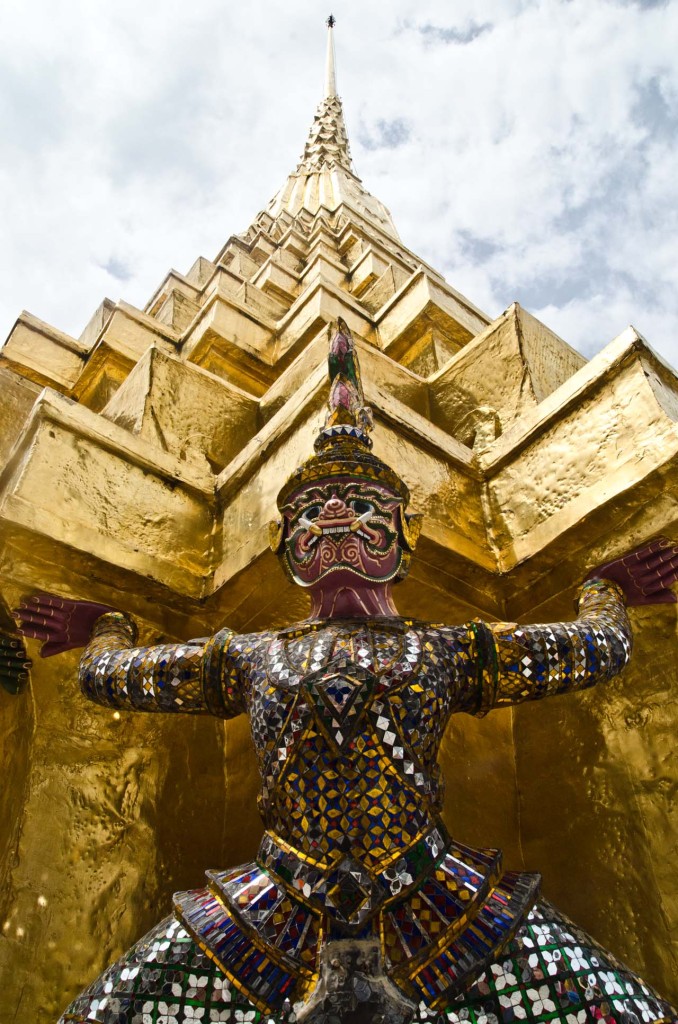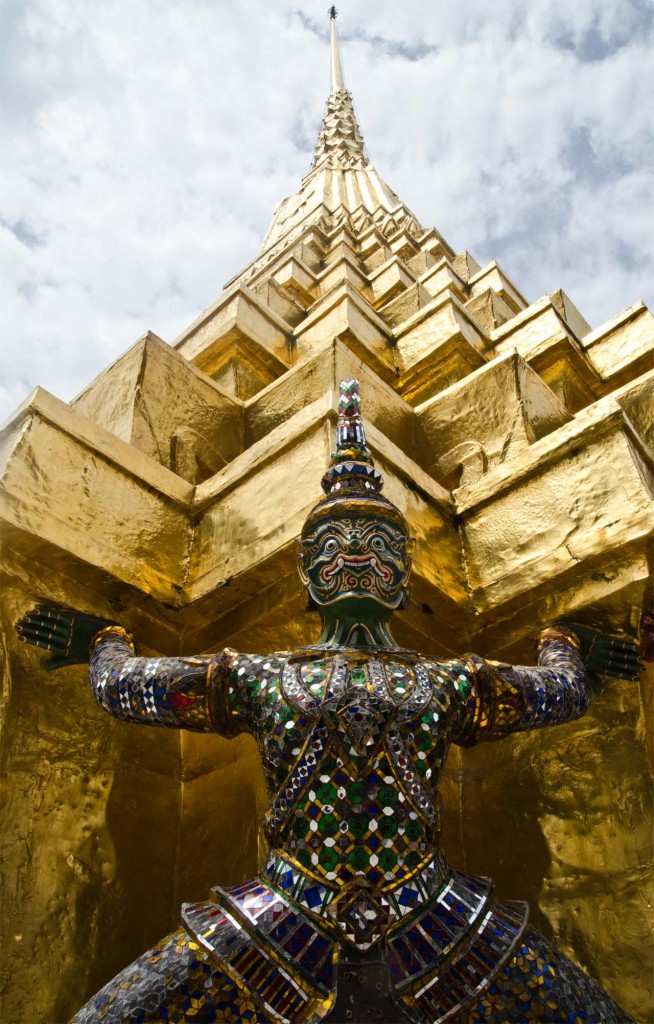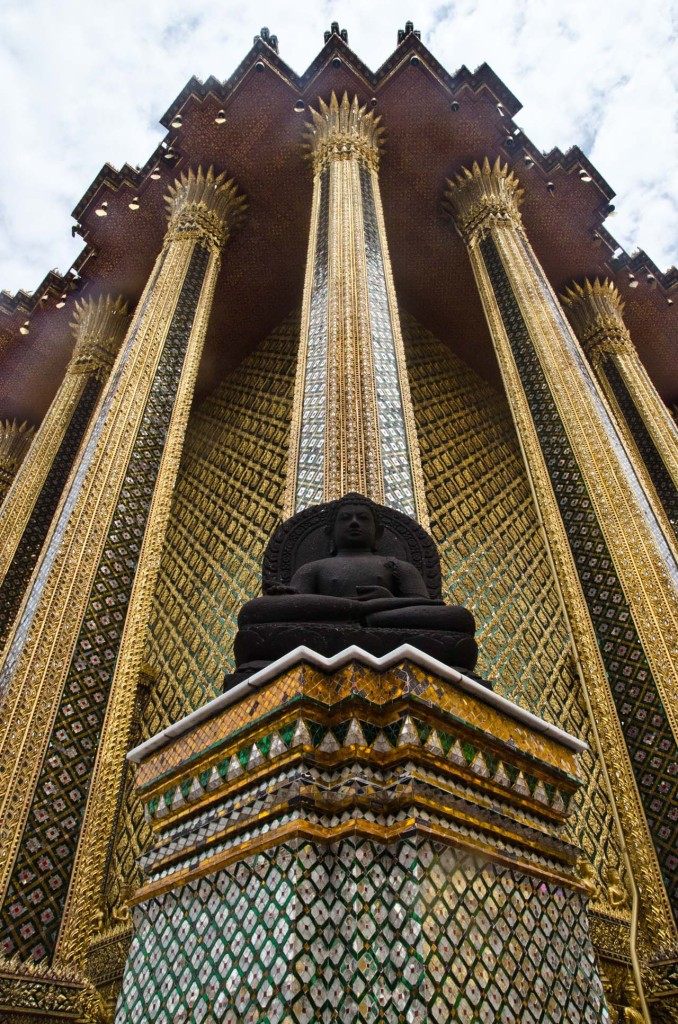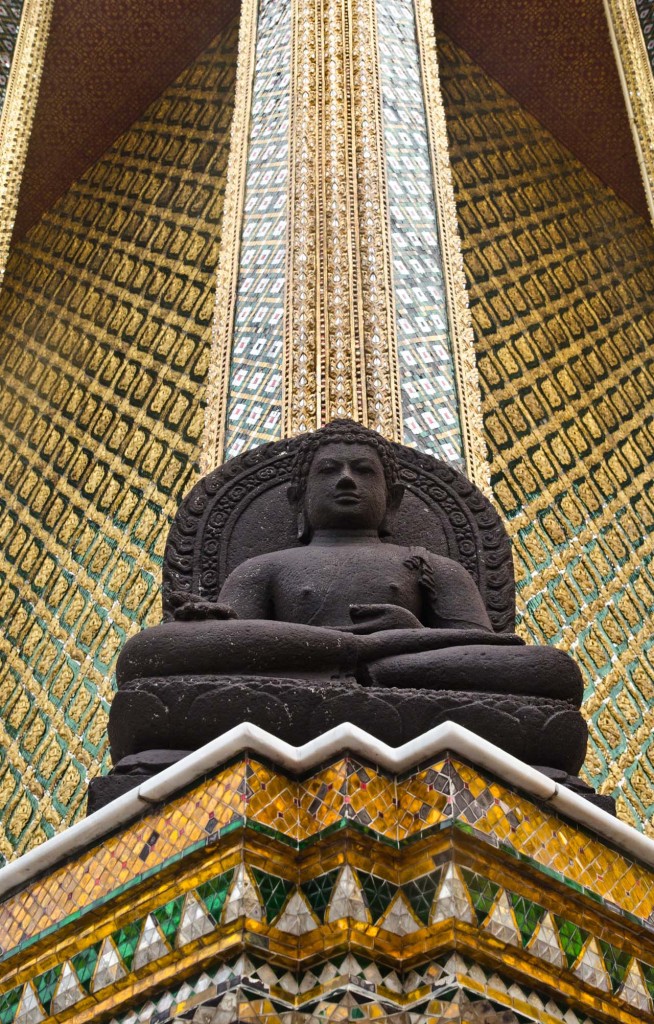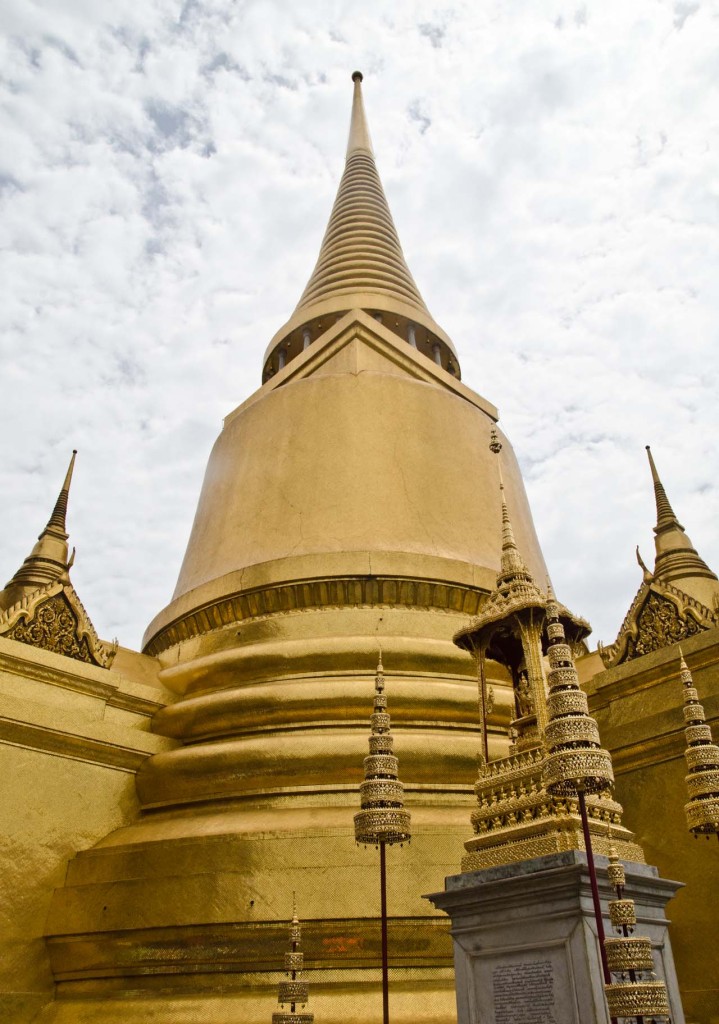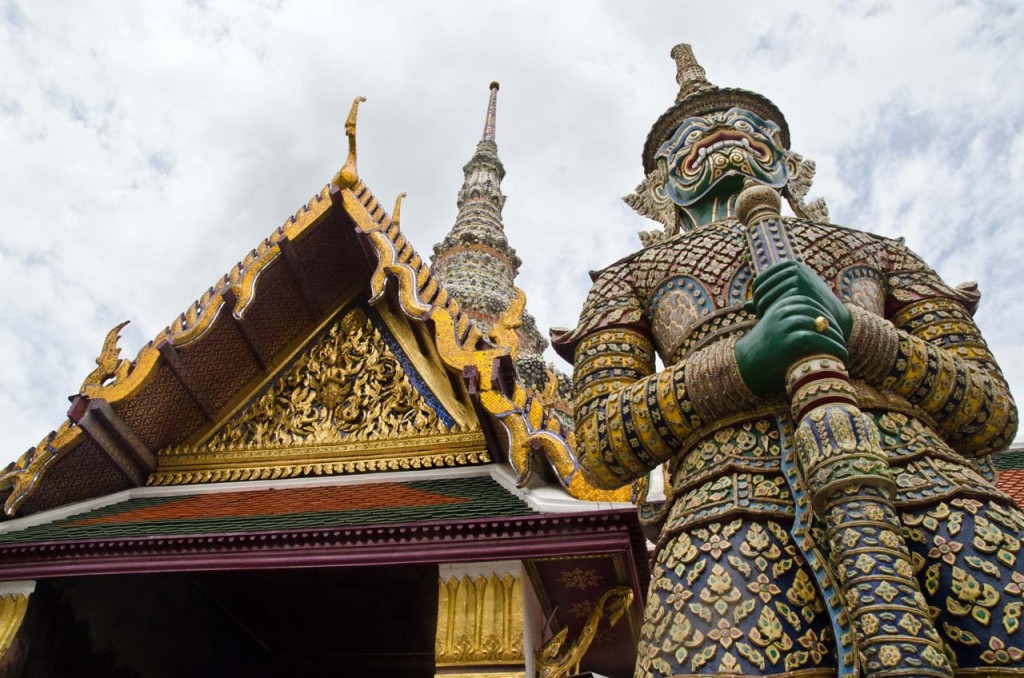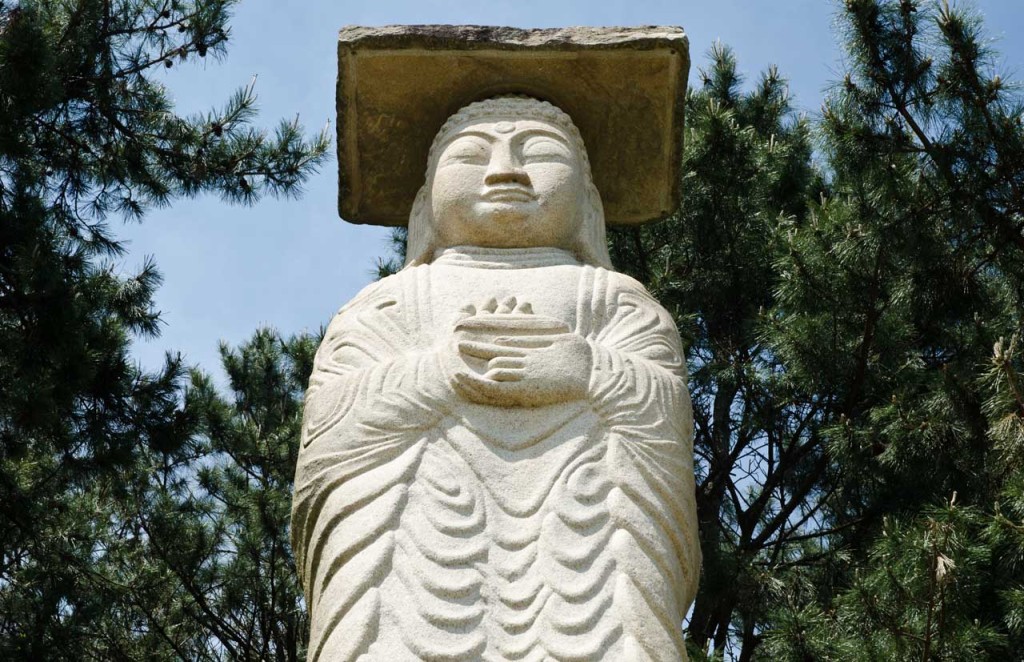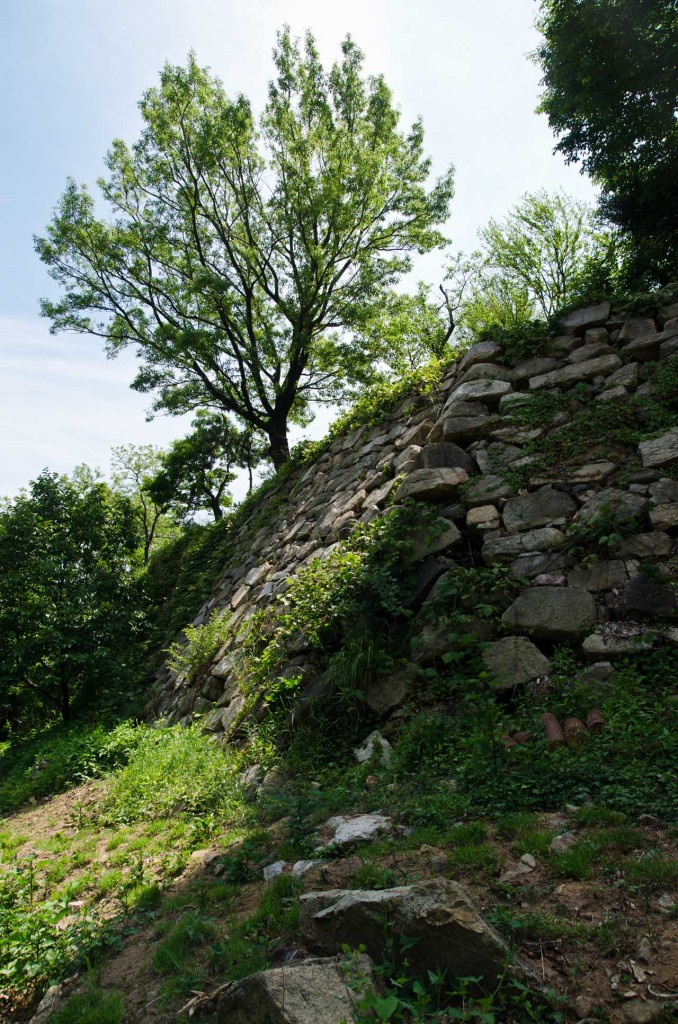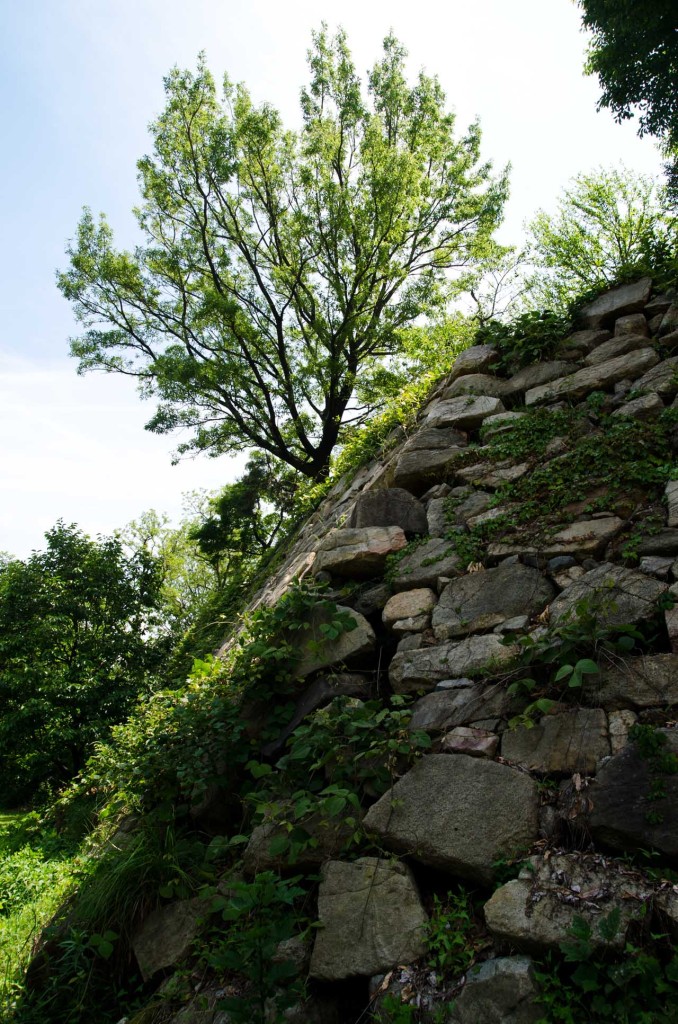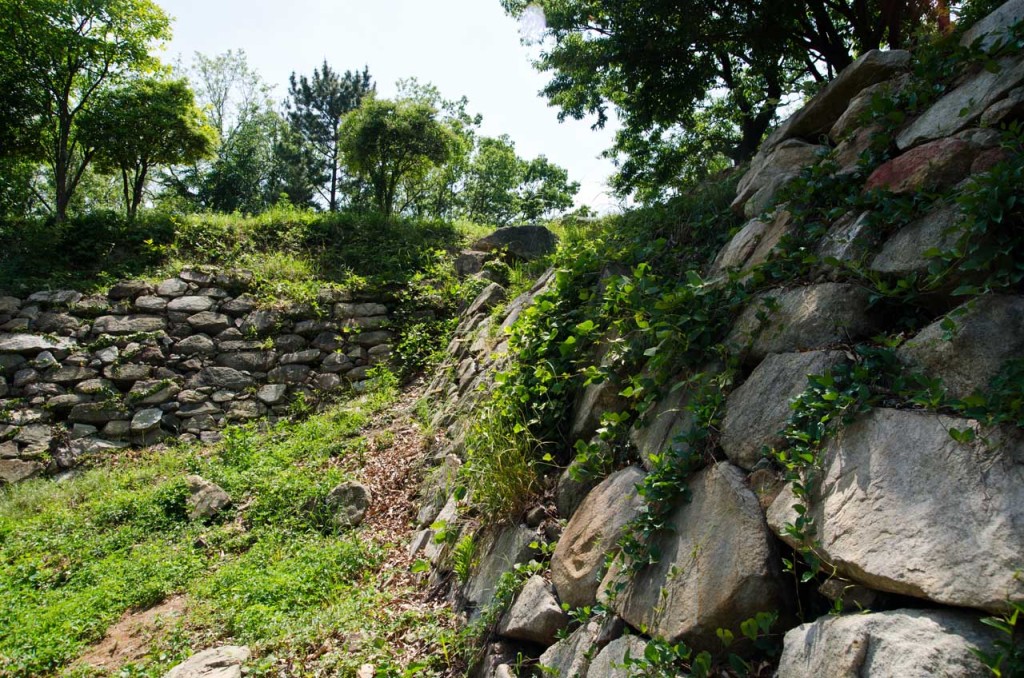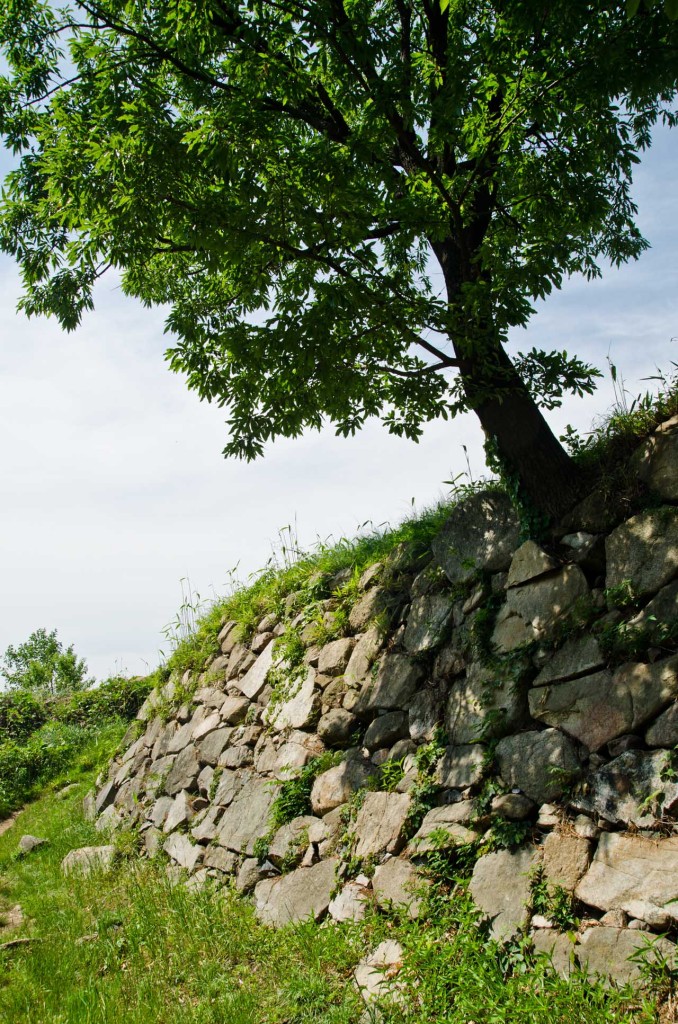“Man’s like the earth, his hair like grasse is grown,
His veins the rivers are, his heart the stone.”
Wit’s Recreations (1640)
“Most priests wear their mufti with a kind of uneasiness, but Pro was a good actor.” p. 19

The execution of Miguel Pro. Via Wikimedia.
“Within two months of Pro’s landing, President Calles had begun the fiercest persecution of religion anywhere since the reign of Elizabeth.” p. 19
“For Mexico remained Catholic; it was only the governing class – politicians and pistoleros – which was anti-Catholic.” p. 20
“Over there – one argued to oneself – were Chichen Itza and Mitla and Palenque, the enormous tombstones of history,” p. 24
“For the priest prison, and for the politician a bullet.” p. 24
Quadragesimo Anno (encyclical issued by Pope Pius XI on 15 May 1931)
“We writers are apt to judge a country by freedom of the Press, and politicians by freedom of speech – it’s the same really.” p. 32
“This was Mexico, that was the United States. The only difference was dirt and darkness: there weren’t so many lights in Mexico. They called this Nuevo Laredo to distinguish it from the town in Texas, but as so often happens the son looked older than the father, more acquainted with the seamy side of life.” p. 33
“A drunken voice sung in Spanish and the rain fell over the dreary Nuevo León plain,” p. 34
“mud huts and a few factories and then nothing at all until the seal-grey mountains gathered slowly round, little outcrops of rock like sailing-ships on the horizon.” p. 36
“The dry and prickly desert: the cacti sticking up like pins with an effect of untidiness, and the night deepening. Paths went off into the dark gleaming with wet, going to nowhere one knew of at all.” p. 37
“For one can respect an atheist as one cannot respect a deist: once accept a God and reason should carry you further, but to accept nothing at all – that requires some stubbornness, some courage.” p. 37
“The cheers were everywhere, stretching out to the dim mountains: they weren’t cheers at all, but the cocks crowing for miles around, an odd Biblical rhapsody at dawn.” p. 39
“God didn’t cease to exist when men lost their faith in Him; there were always catacombs where the secret rite could be kept alive till the bad times passed” p. 39
“At dinner the old gentleman couldn’t get over the joke of it: here I’d been walking miles about town and he’d gone all round in one hour by street car – for five cents. American money. ‘But I like walking,’ I kept on telling him – uselessly. ‘I’m going to tell them that back home,’ he said, ‘about my English friend who walked all day and saved five cents American.'” p. 41
(San Luis Potosí) “Roads were like the lines on a map; you saw them meandering thinly for an immense distance, dying out at the margin among the rocks and cacti. The cacti had no beauty – they were like some simple shorthand sign for such words as ‘barrenness’ and ‘drought’; you felt they were less the product than the cause of this dryness, that they had absorbed all the water there was in the land and held it as camels do in their green, aged, tubular bellies. ” p. 42
“Everything is repeated there, even the blood sacrifices of the Aztecs; the age of Mexico falls on the spirit like a cloud.” p. 44
“‘If you are a philosopher,’ he rebuked me, ‘every place is the same. Why not Mexico?'” p. 52
“The veranda was crowded with politicians waiting for the General to appear, with guns on their hips, the holsters and the cartridge belts beautifully worked, a decorative death” p. 53
“The General sat in the front seat; the great back and rounded shoulders reminded me of Tommy Brock in Miss Beatrice Potter‘s book – ‘he waddled about by moonlight, digging things up'” p. 56

Illustration of Tommy Brock from The Tale of Mr. Tod (via wikimedia)
“Presently somebody thought of trying a switch and the light went obediently on, a bare globe beating on a cracked mirror, a few hard chairs, a miniature billiard table with a ragged cloth.” p. 57
“He was caught in a maze of friends and enemies with similar faces.” p. 58
“Somewhere far away a thunderstorm shifted cumbrously in the hills… like cargo unloaded in a railway-yard.” p. 60
To Mexico City “[Cobbet] judged landscape by its value to human beings… The Romantics would have enjoyed the Mexican scene, describing it as ‘sublime’ and ‘awe-inspiring’; they scented God in the most barren regions, as if He were a poet of escape whom it was necessary to watch tactfully through spy-glasses as He brooded beside a waterfall or on the summit of Helvellyn: as if God, disappointed in His final creation, had fallen back on one of His earlier works. They preferred the kind of Nature which rejects man.” p. 61

Map of “Valley of Mexico on the eve of the Spanish conquest of Mexico.” Via Wikimedia.
“All monuments in Mexico are to violent deaths.” p. 80
“In the great grey courtyard of Teotihuacán, surrounded by the platforms of small pyramidal temples, you do get the sense of a continent over the world’s edge – a flatness, a vacancy, through which peer plumed serpents and faces like gas-masks over over orifices that might be the mouths of Lewis guns or flamethrowers.” p. 82
“But this shrine of Guadalupe, even at the height of the persecution, remained open – no government dared to rob the Indian of his Virgin, and it helped to break the career of the only man who ever threatened it.” p. 87
“The Virgin of Guadalupe, like St Joan in France, had become identified not only with the faith but with the country, she was a patriotic symbol even to the faithless…” p. 88
“I didn’t like the serious way he took this matter of the insurance; this was graveyard talk. The boat couldn’t be as bad as all that.” p. 101
“We climbed over the rail with the suitcase, and a sailor led the way down a few stairs into the engine-room, where one old greasy engine say like an elephant neglected in its tiny house.” p. 101
“breakfast was handed up through a hatch in the deck from the engine-room – a loaf of bread and a plate of anonymous fish scraps from which the eyeballs stood mournfully out.” p. 105
“Shark fins glided like periscopes at the entrance to the Grijalva River, the scene of the Conquistadores’ first landing in Mexico” 105-106
“The vultures squatted on the roofs. It was like a place besieged by scavengers – sharks in the river and vultures in the streets.” p. 107
“For twelve hours there had been nothing but trees on either side; one had moved forward only into darkness; and here with an effect of melodrama was a city – lights burning down into the river, a great crown outlined in electricity like a casino. All felt the shock – it was like coming to Venice through an uninhabited jungle – they called, triumphantly, ‘El puerto, el puerto!'” p. 111
Dr Thorne by Anthony Trollope
“I went back to the hotel to bed and began to read Dr Thorne… A cockchafer came buzzing and beating through the room and I turned out the light – the light went out all over Barsetshire, the hedges and hte rectories and paddocks dropped into darkness,” p. 114
“It will be a fine journey, the man said, if you can make it – you’ll know what Cortés had to face in heavy armour on his march to Guatemala.” p. 116
“I had won twenty pesos with my first ticket. That sold the lottery to me: I bought at least a small share in a ticket in every town I came to, but never won again.” p. 117
“In the night beetles woke me, thumping against the wall. I killed two – one in the very centre of the great tiles floor, but when I woke there wasn’t a sign of it. It was uncanny.” p. 118
A Victorian Adventurer (p. 118-122)
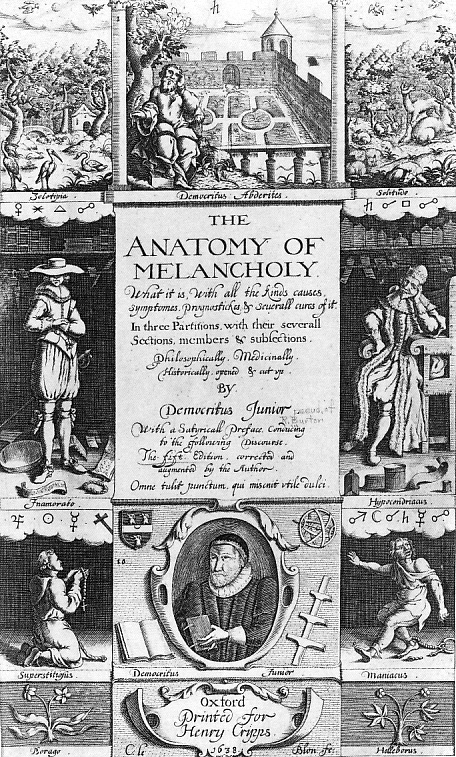
The frontispiece for the 1638 edition of Robert Burton’s The Anatomy of Melancholy. Via Wikimedia.
“In West Africa once I had made the mistake of taking the Anatomy of Melancholy, with the idea that it would, as it were, match the mood. It matched all right, but what one really needs is contrast, and so I surrendered perhaps my only hope of ever reading War and Peace in favour of something overwhelmingly national.” p. 128
“Ortega’s little red plane moved back across the merciless sky, like an insect on a mirror, towards Villahermosa. I had a sense of being marooned… ” p. 132
“The fireflies moved like brilliant pocket torches, and a small boy stood by the track with a flaming brand making mysterious animal noises into the dark.” p. 134
“I dreamed of a Mr Wang, also known as Mr Moon, who was to guide me – somewhere. He was dressed in the most extravagant robes – all silk and gold embroidery and dragons” p. 134
“the two mules swimming beside the canoe, with just their muzzles and their eyes above the water like a pair of alligator heads,” p. 135
***”Then the sound of horses came beating up across the plain – this is the romantic attraction of the Mexican countryside, the armed stranger travelling at night who may be a friend of an enemy. The door of the hut was barred shut. A horse whistled, stirrup irons jangled; when the lightning flared I could see four horses, and a man dismounting. He felt his way across the veranda and knocked at the door – ‘Con amistad.'” p.
“I learned from her for the first time of the rather wild dream that buoys up many people in Chiapas: the hope of a rising which will separate Chiapas, Tabasco, Yucatán, and Quintana Roo from the rest of Mexico and of an alliance with Catholic Guatemala.” p. 153
“Time passed; I saw the mule climbing briskly up the opposite slope, the size of a toy animal, and fifty yards behind it a toy man. Then they both disappeared altogether, and dusk began to fall. I was alone with the two mules – it seemed to be the end of that journey.
“In the mountains the sun sets early – the horizon is high up the sky. I waited half an hour; the sun dropped out of sight, the forests became black below their gilded tips. The world was all steel and gold, like war. The opposite slope dropped into obscurity, untenanted.” p. 164
“The guide couldn’t put up in their presence that Mexican façade of bonhomie – the embrace, the spar, the joke – with which they hide from themselves the cruelty and treachery of their life.” p. 167
“When we rode up the beds heaved on their piles and rows of eyes peered out of the darkness like a cave of cats: there wasn’t an inch of space to spare in the windswept shelter.” p. 168
“About eleven a fist beating on the barred door woke us all. I switched on my torch and saw the doubtful bearded faces lifted from the beds; somebody felt for his revolver holster, and then the password came, ‘Con amistad.'” p. 168
A Grove of Crosses “The scenery was magnificent: the great pine forests swept down to where we trudge at a mere six thousand feet, great rocky precipices showed like grey castle walls through breaks in the pines.” p. 169
“It was like a scene from the past before the human race had bred its millions – England of the Conquest before the forests had been cut, a herd called Sweyn, the wattle huts, the word of Ivanhoe.”
“It was like an adventure of Rider Haggard – coming so unexpectedly out of the forest above this city, once the capital of Chiapas and the home of Las Casas, a place with one rough road, impassable in the rains, running down to Tuxtla and the coast, and only a mule track for the traveller from the north.” p. 171
“I felt my incredulity shaken. Suppose there was a miracle, suppose out of some box a voice did speak… it was horrifying thought that life could never be the same again; one couldn’t go on living as one had been living. What happens afterwards to the people who are present at a genuine miracle?”
“We stopped at a cantina, and had some mescal – the driver told me it was good for dysentery. I don’t think it was, but it was good for our spirits.” p. 198
Puebla’s Hidden Convent “In a glass of case enclosed in a reliquary was the founder’s withered heart, the colour of long-dried blood.” p. 203
“For the first time since I came to Mexico I could see the great volcano Popocatepetl, a cone of ice bobbing between the woods and peaks, over the decaying churches, like the moon outliving everything. It was beautiful, but I was more concerned with the incompetence of the drive.” p. 205
Garci Crespo “I had to ask him several times before I got it, and every time he nodded more winningly, darkly, knowingly – as if I were insisting on the letter of a code. When I was undressing, the glass of the door darkened; somebody scratched, scratched at the pane: it was the waiter. I asked him what he wanted; he merely grinned and said hadn’t I asked for a Garci Crespo? I slammed the door shut nad a little while later he came padding up the passage and scratched again. I shouted to him to go and turned out the light, but for a long while the small vicious shadow waited, with the patience of a snake, on the other side of the glass.” p. 206
“Taxco is the showplace of the Mexican tourist belt – old Mexico carefully preserved by a society of business men and American artists known as ‘The Friends of Taxco’. It is the Greenwich Village of Mexico” p. 208
The Escapist (218-222)
“Somewhere I suppose, the Ruiz Cano rolled from Vercruz or Villahermosa and back and the sailors stood about doing up their trousers; the dentists was back at El Frontera; and the Norwegian lady waited with hopeless optimism for her son’s return. It is awful how things go on when you are not there.” p. 223
Through winter-time we call on spring,
And through the spring on summer call,
And when abounding hedges ring
Declare that winter’s best of all;
And after that there s nothing good
Because the spring-time has not come –
Nor know that what disturbs our blood
Is but its longing for the tomb.
To read
Greene’s The Power and the Glory, Journey Without Maps, The Heart of the Matter, The Third Man (film treatment), Our Man in Havana.
See
Save
Save
Save
